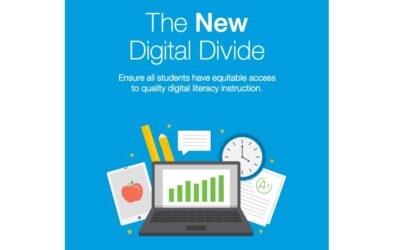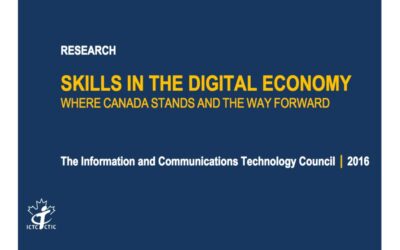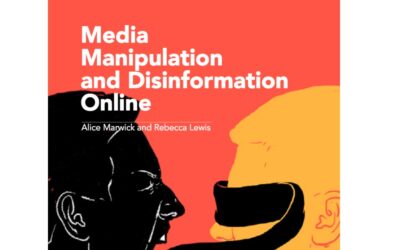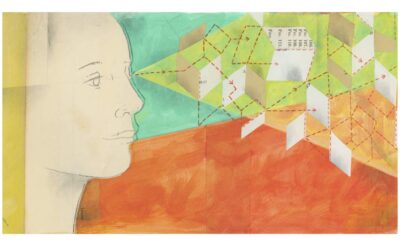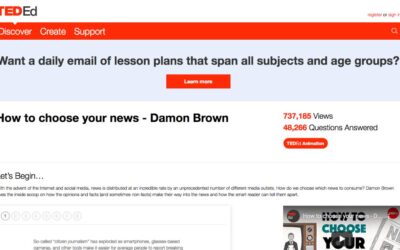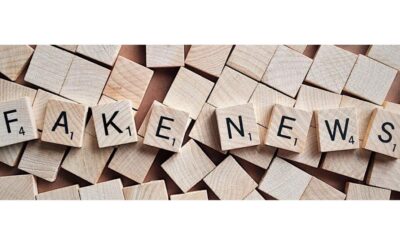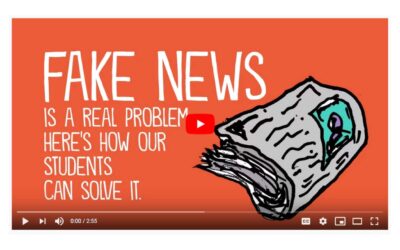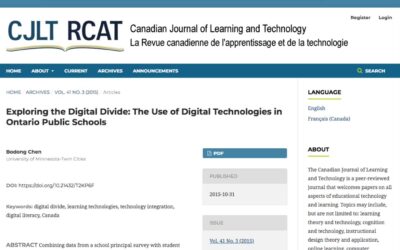Recommended Reads
We know how hard educators work to stay up to date on best practices and new content. To help, we have curated a list of videos and reading for you to explore. The below list specific tackles digital literacy and digital citizenship.
The New Digital Divide: Ensure all students have equitable access to quality digital literacy instruction
oday, more than 99% of K-12 public schools in the U.S. are connected to the internet, in large part thanks to the Federal Communications Commission’s congressionally mandated “E-Rate” program, which went into effect in 1998
Skills in the Digital Economy where Canada stands and the way forward
This report was made possible with the generous support of Innovation, Science and Economic Development Canada. We are grateful for their insights and contributions to this important piece of research.
Race Against The Machine: Erik Brynjolfsson & Andrew McAfee
Race Against the Machine is a non-fiction book from 2011 by Erik Brynjolfsson and Andrew McAfee about the interaction of digital technology, employment and organization.
Media Manipulation and Disinformation Online
In early October 2016, Wikileaks posted a dump of 20,000 hacked emails from the Gmail account of John Podesta, Hillary Clinton’s campaign chairman. Users on an internet message board called 8chan/pol/—short for “politically incorrect”—imme-diately began combing through the emails looking for damaging material about Hillary Clinton.
It’s Easier to Call a Fact a Fact when It’s one you like
Now the Pew Research Center has released a new study that takes a step back. They wondered: How good are Americans at telling a factual statement from an opinion statement — if they don’t have to acknowledge the factual statement is true?
Helping Students Identify Fake News with the Five C’s of Critical Consuming
With the advent of the Internet and social media, news is distributed at an incredible rate by an unprecedented number of different media outlets. How do we choose which news to consume?
How do we teach students to identify fake news?
In a “post-truth” era where people are increasingly influenced by their emotions and beliefs over factual information, fact and fiction can be difficult to distinguish, and fake news can spread rapidly through mainstream media sources and social networks.
Helping Students Identify Fake News with the Five C’s of Critical Consuming
With digital tools, it is easier than ever to create, edit, and publish your work to the world. But there’s a cost. It’s also easier than ever to spread misinformation. And fake news has become a real issue in recent times.
Exploring the Digital Divide: The Use of Digital Technologies in Ontario Public School
Combining data from a school principal survey with student demographics and achievement data, the present study aimed to develop a much needed understanding of ICT usage in Ontario’s K-12 public schools.
